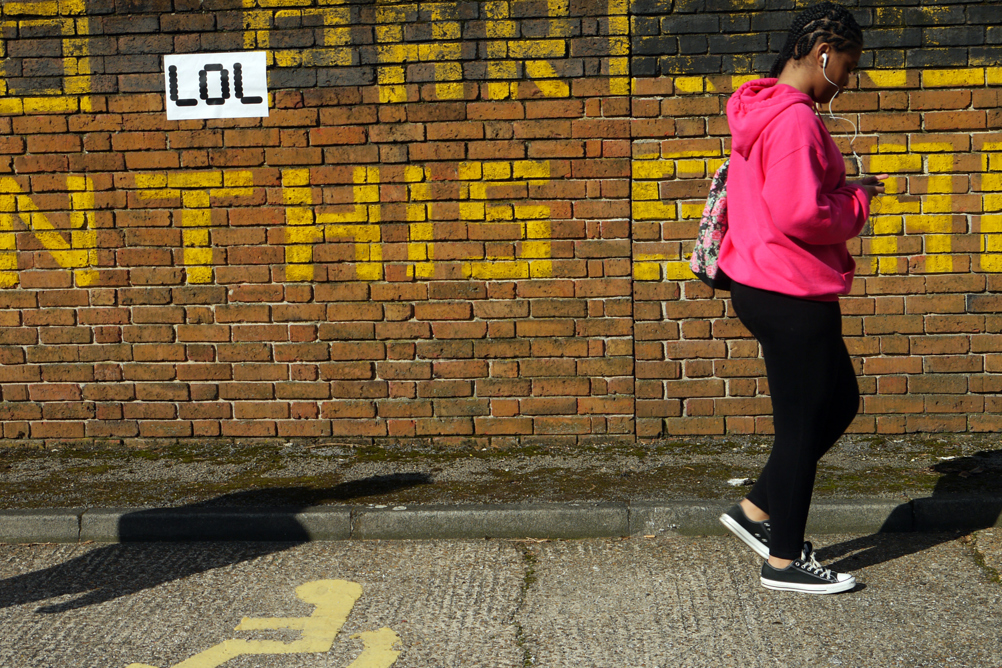
Most adults would be surprised to learn that not all young people know what cyber-bullying is. But how many grown-ups know how to munch a text message? Questions such as these prompted independent children’s expert Stephen Carrick-Davies to research whether practitioners working with vulnerable young people know enough about their online lives to keep them safe. The results led to the Munch Poke Ping report – a toolkit for practitioners, created in partnership with students from pupil referral units (PRUs).
The toolkit attempts to bridge the gap between the terminology that professionals and young people use to talk about technology. Munch, for example, refers to an application that allows users to take a “screen-grab” of the content they are viewing on their mobile phone.
Carrick-Davies worked on two projects with young people that resulted in four films made by students, the Munch Poke Ping report and a conference held in November. The first project began 18 months ago at a PRU in London, where six people aged 14 to 17 attended weekly workshops. “They didn’t know some of the phrases practitioners used, but they knew the activity,” Carrick-Davies explains, referring to why the students looked blank when asked about cyber-bullying.
The young people were asked to speak about their experiences with social networking sites and technology, and used drama workshops to express their views. The sessions were taped and the group worked together to transcribe the conversations and identify emerging themes. “We noticed some interesting scenarios coming up through the drama, and the big concern was about identity and relationships,” says Carrick-Davies.
This theme was turned into the first film made by the group, which tells the story of a girl who sends a photo of herself to a male friend. It is forwarded to others who were not intended to receive it and, as the story progresses, the stream of texted comments she receives grow more aggressive.
Munch Poke Ping
The most recent part of the project is the launch of the Munch Poke Ping report, funded by the Nominet Trust and informed by PRU students from Croydon, Hammersmith & Fulham and Ipswich.
It contains practical suggestions for working with vulnerable young people and helping them to manage online risk. “A lot of PRUs have rules about whether children can use mobile phones, but much of that is about banning and blocking rather than a culture of acceptable use policies, which have to be acceptable to both the young people and teachers,” suggests Carrick-Davies.
The young people highlighted the way they live online. “I go to bed at two in the morning because I’m texting,” explains a student, who says BlackBerry’s messenger service dominates his time. “When my pinger’s gone to sleep, that’s when I go to sleep. If there’s no one to ping, I’ll go to sleep.”
Another said: “When you are being digitally bullied, it’s like everyone’s talking about you behind your back. Schools should be more serious about this subject – sometimes teachers think it’s just a mobile phone, but it’s more serious than that.”

